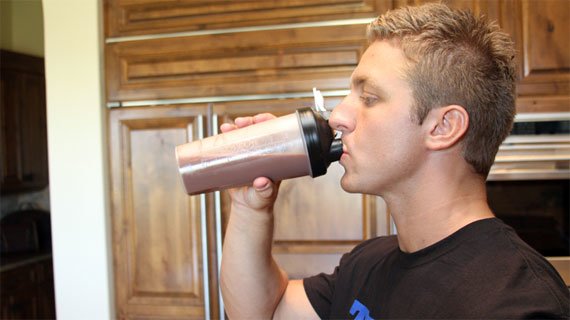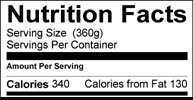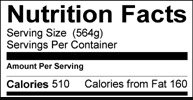Your logic is on the right track, but I can show you how to optimize your late-night feedings in order to best achieve your goal. The two keys for a pre-bedtime meal are to stimulate muscle growth and set the stage nutritionally to minimize protein breakdown while you're sleeping.
Research shows us that stimulating protein synthesis is all about spikes in essential amino acids (especially leucine) and not necessarily keeping the amino acids levels in your blood elevated for long periods of time. But in order to minimize protein breakdown, we want to make sure that you have a surplus of amino acids in your blood stream as long as possible.
To recap, we want a meal that will deliver a spike of essential amino acids and then a slow drip of amino acids overtime. To do this I'm going to select foods for you based on their rates of digestion and amino acid profile. If we can build a meal that would deliver a slow infusion of glucose, not causing a big spike insulin, that is a bonus as insulin and squash growth hormone release. Growth hormone levels are naturally elevated while you are sleeping, providing an addition level of muscle protein sparing.
First let's look at what impacts speed of digestion. There are 4 main factors that I like to consider:
4 Main Factors:
- Protein type
- Fat
- Fiber
- Form
Numerous studies have looked at how long it takes the amino acids from different forms of whey and casein proteins to get into our bodies and then what happens when the amino acids get there. Generally these studies show that whey protein is digested faster than casein protein (meaning that the amino acid levels peak in your blood quicker). They also show that whey and casein hydrosylates are digested faster than their whole protein counterparts. Whey protein, due to its high concentrations of leucine, maximally stimulates muscle protein synthesis while casein has been shown to prevent protein breakdown overtime.
The addition to dietary fat to a meal causes the release of the hormone cholecystokinin, which slows down digestion.
The addition of fiber, specifically soluble fiber, to a meal will also slow down the rate in which food is digested.
Food form is an often-overlooked factor, but the form in which you eat food will impact how fast your body digests it. A steak will take your body longer to digest than a whey protein shake, as with the steak your body needs to go through the mechanical process of breaking down the food in order to extract the nutrients. When you drink a whey protein shake, the nutrients are more readily available and thus taken up faster.
Putting Your Pre-Bed Meal Together
Here are the ingredients for your optimized pre-bedtime meal and what they are bringing to the table nutritionally.
Fat Free Greek Yogurt
- It has twice the protein and half the carbohydrates of regular yogurt. It can take up to 4 pounds of milk to make just one pound of Greek yogurt, so the end product contains high concentrations of casein protein.
Coconut Milk
- This provides us with added fat to slow digestion, additional creamy flavor, and a unique blend of fats not common in the average diet.
Flaxseed Meal
- One of my 30 "power foods," flaxseed meal is a nutritionally powerhouse. Flaxseeds contain fiber for slowing digestion, alpha linolenic acid (the plant based omega-3 fat) which studies show reduce C-reactive protein (a blood marker of systemic inflammation), plus addition protein, and a unique class of antioxidants called lignans.
Vanilla Whey Protein
- Since Greek yogurt contains high levels of the slower-digesting and sustaining casein protein, we will add whey to your meal to spike your blood amino acids levels, maximizing your rates of muscle protein synthesis as you go to sleep.
Raspberries
- Blueberries get most of the nutritional attention in the berry family but raspberries contain more fiber per serving than any other berry, and their rich red color is a sign that they are loaded with the antioxidants called anthycyanins. These antioxidants are perfect for scavenging and neutralizing the free radicals generated during your workout earlier in the day.
Below are 350 kcal and 500 kcal versions of this killer bed time snack for you to use depending on your calorie needs. Just mix up all the ingredients in a bowl and you're ready to eat!
- 3 TBSP coconut milk
- 2 TBSP flaxseed meal
- 1 cup Fat Free Greek Yogurt
- ½ scoop vanilla whey protein powder
- ½ cup fresh raspberries
- ¼ cup coconut milk
- 2 TBSP flaxseed meal
- 1 ½ cup fat free Greek yogurt
- 1 scoop vanilla whey protein powder
- 1 cup fresh raspberries





